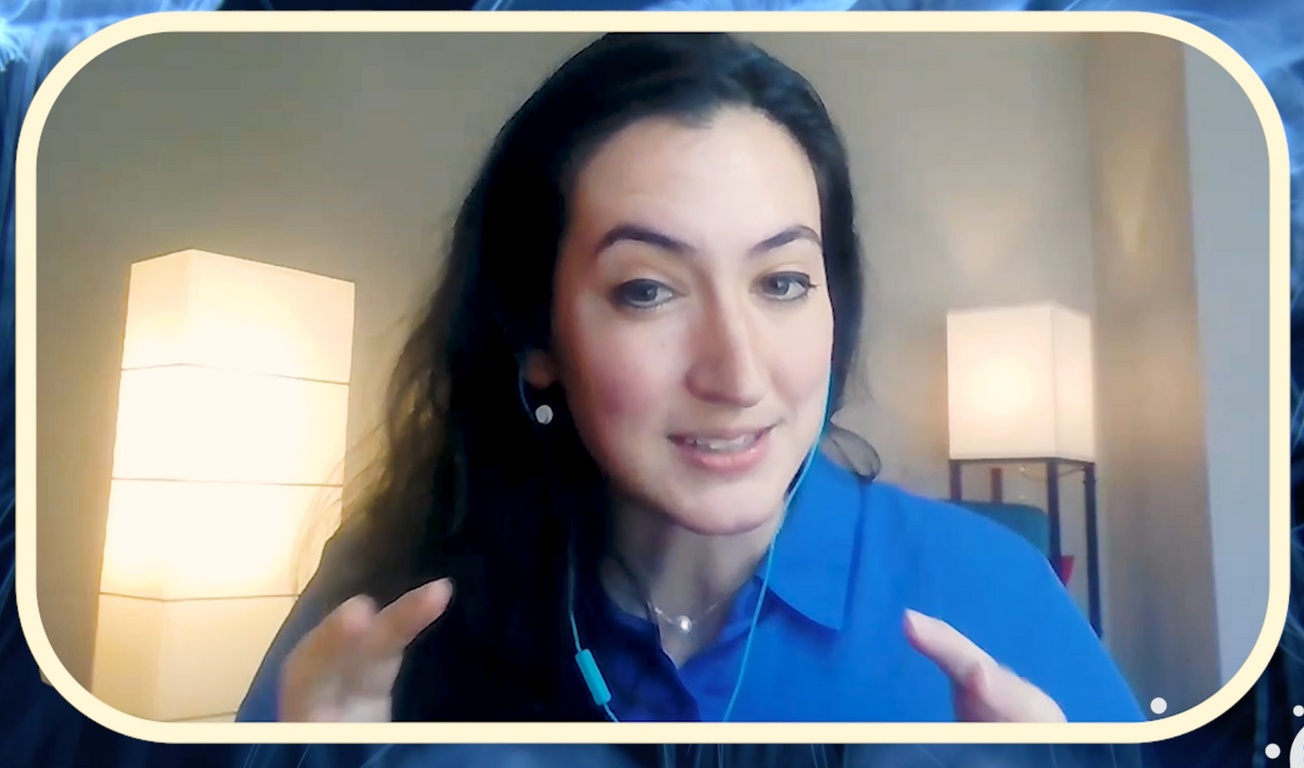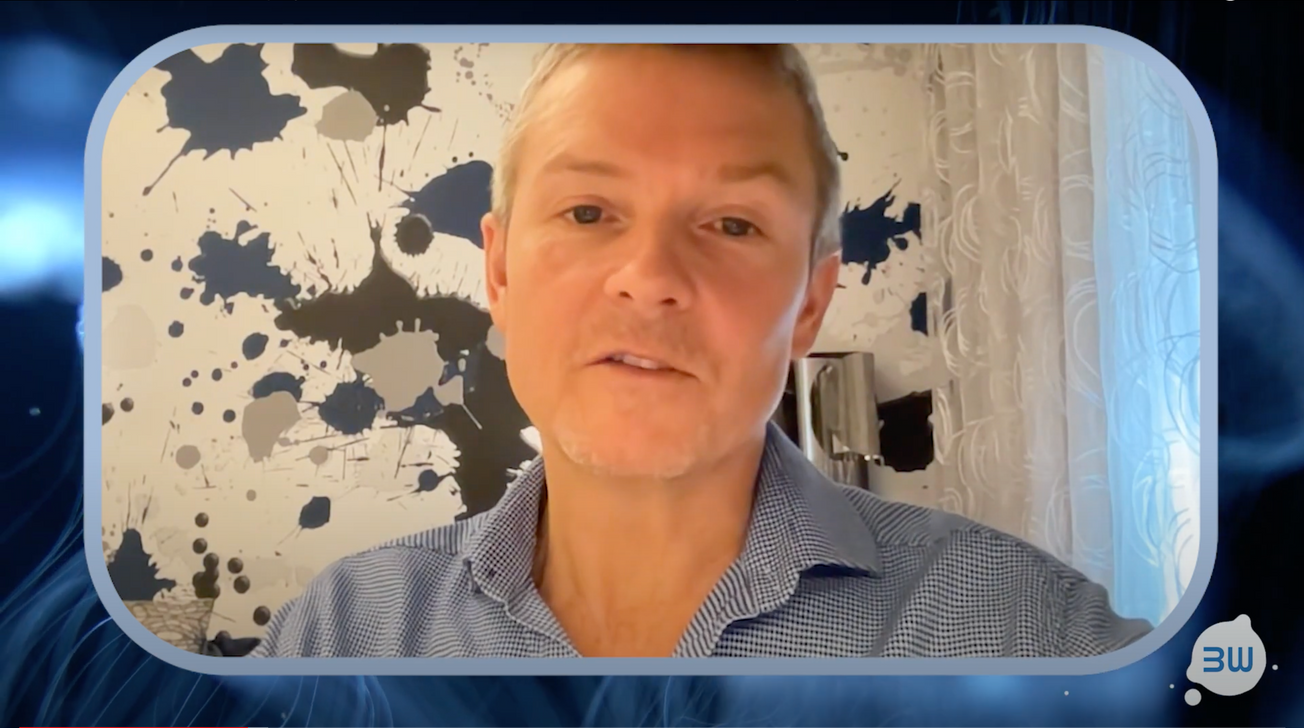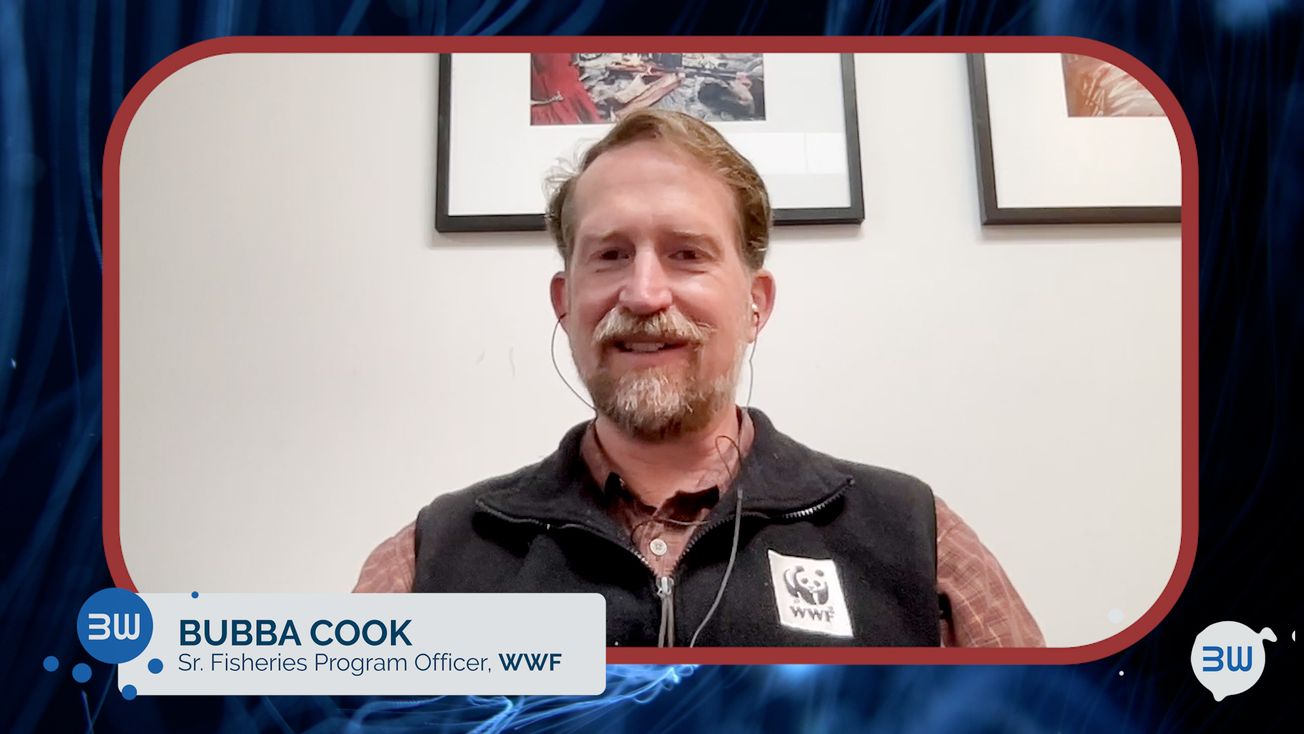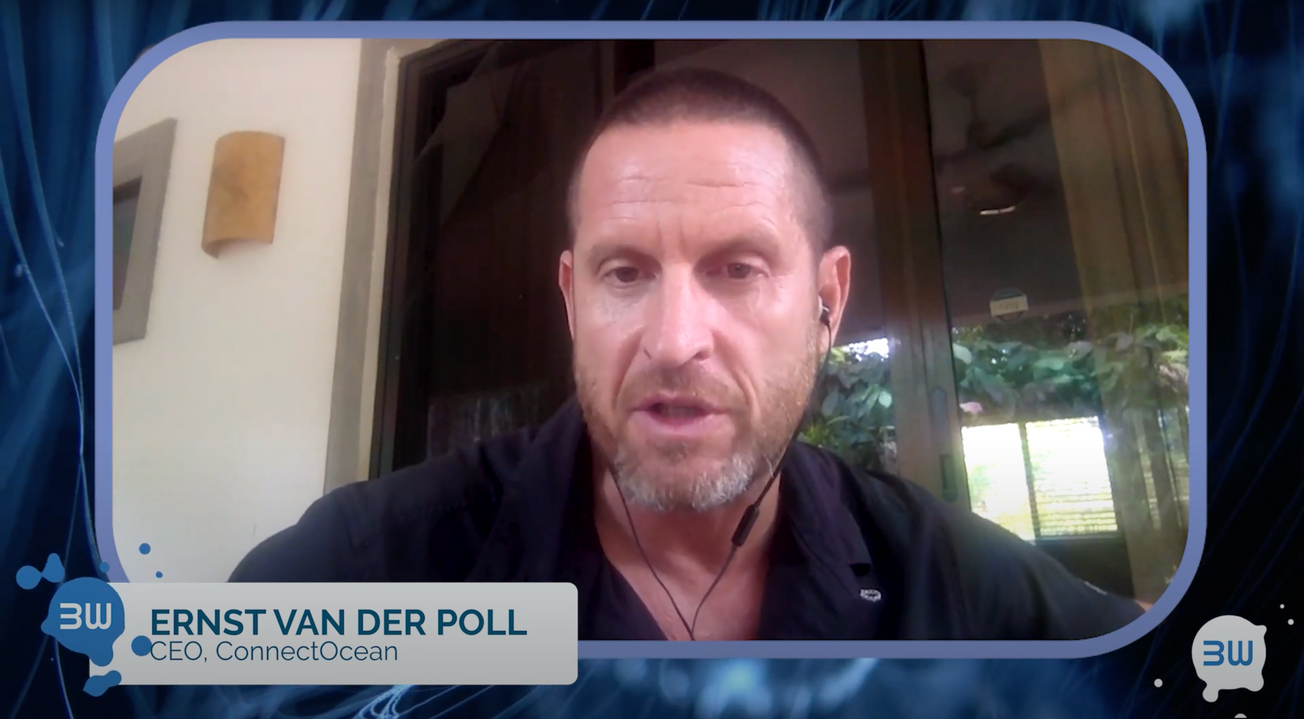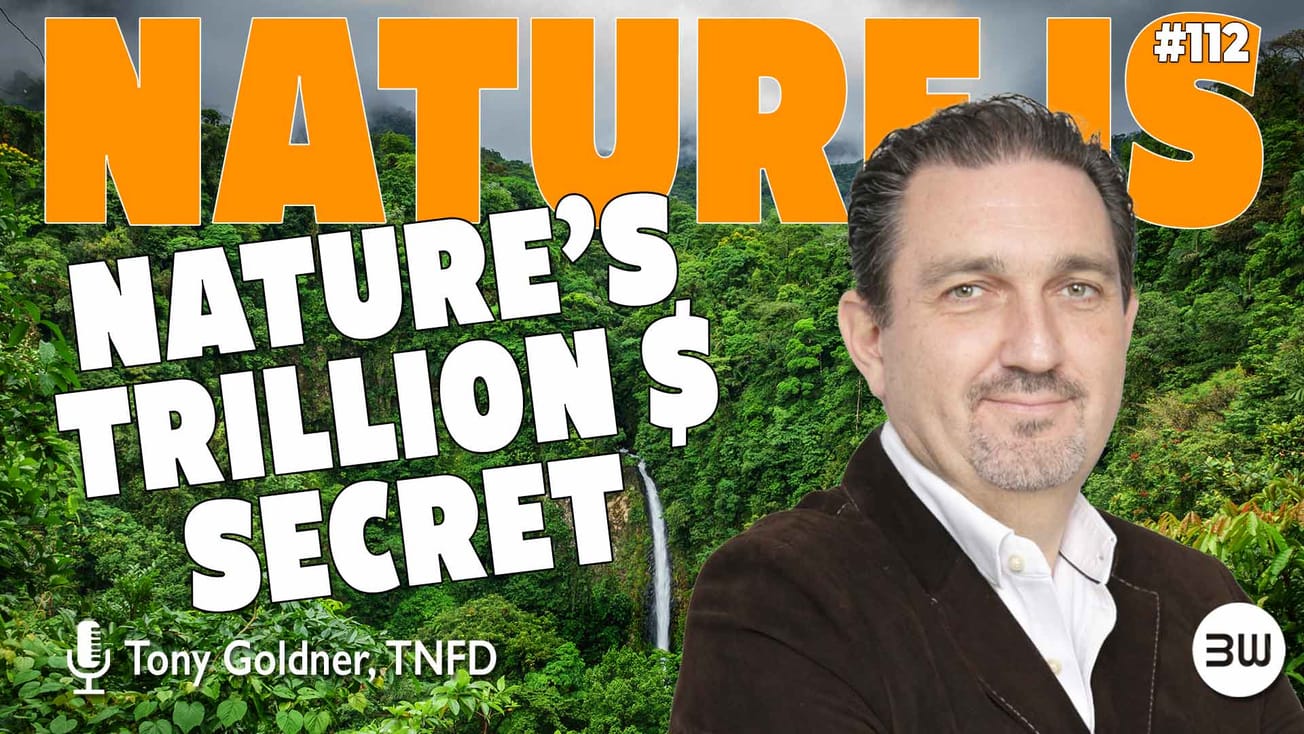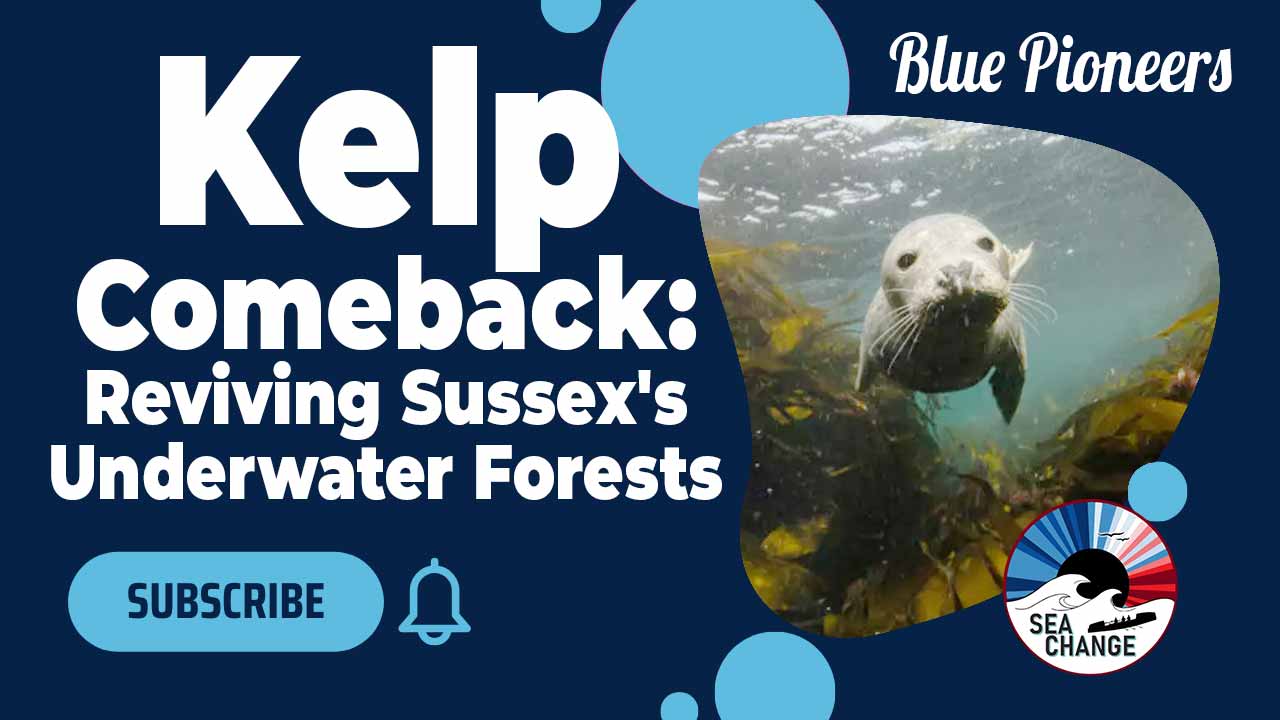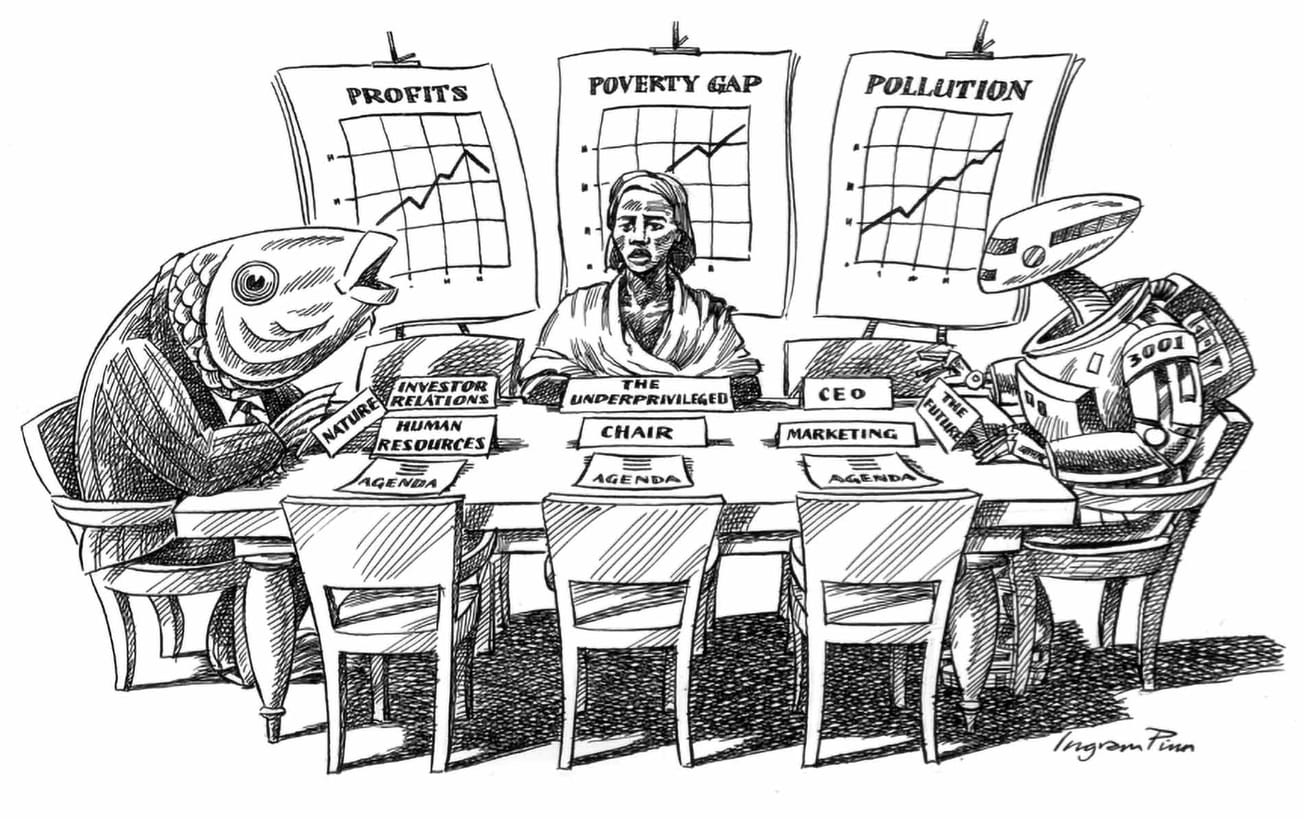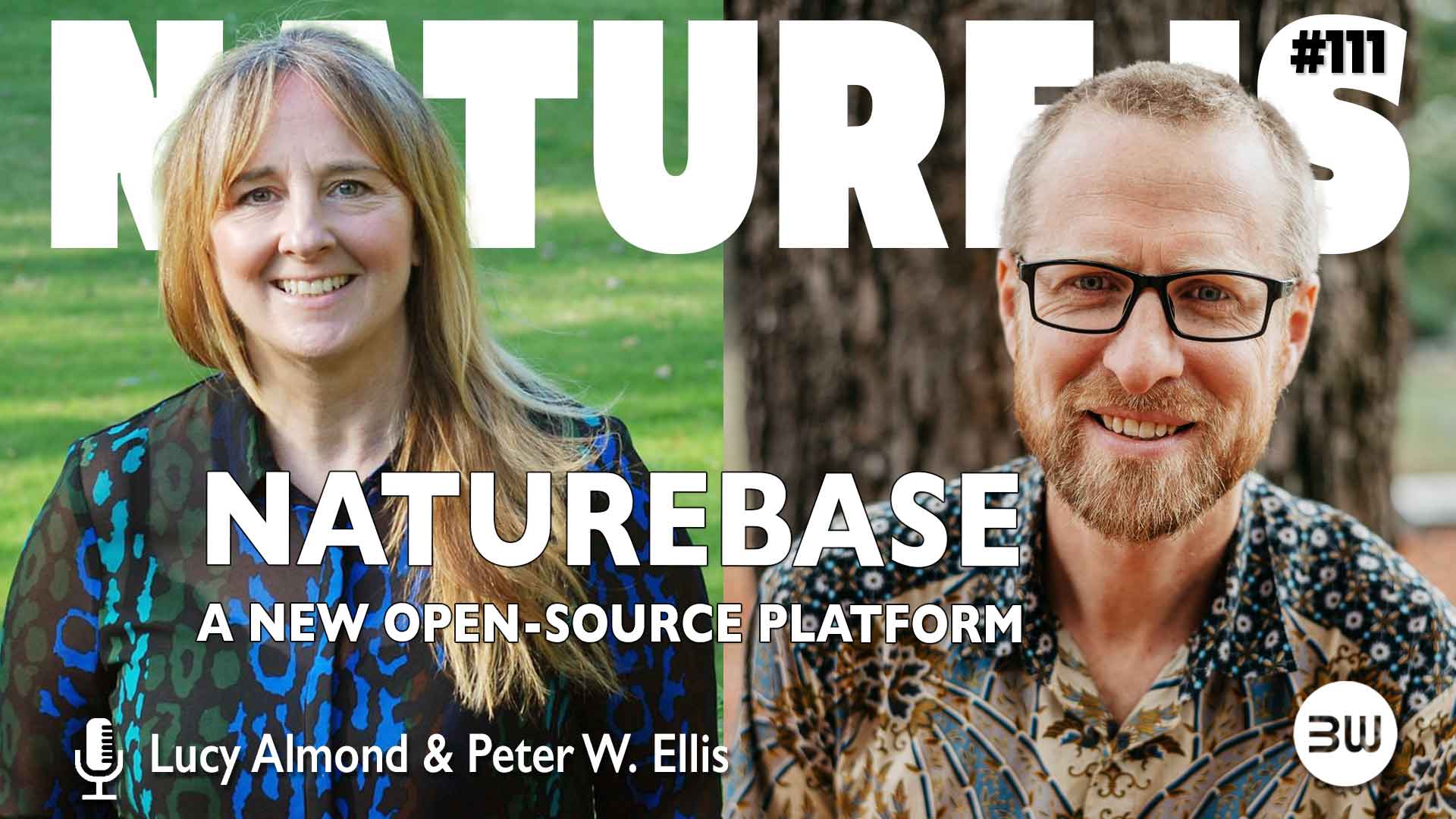Why do giant squid, hunters of the deepest ocean, have such big eyes? How do you go from being a scientist on the deck of a ship to funding ocean innovators? And what kind of discoveries does the ocean need now? Erika Montague, chief technologist with Schmidt Marine Technology Partners, explores these questions and more with Host Kate Wing, founder of The Intertidal Agency, on this first episode of the Ocean series.
In the story "20,000 Leagues Under the Sea," the giant squid was depicted as a terrifying monster that threatened the safety of Captain Nemo and his crew. However, modern-day ocean scientists view giant squid as fascinating creatures that are worthy of study and protection. Erika and Kate discuss the discoveries scientists have made about the unique behaviors of the giant squid and its role in the ecosystem.
While LED lights have been in use for a long time, it was only recently that the tech has improved the lights to a high enough output to find the giant squid in the deep, dark ocean using submersibles. Observing the attraction of the giant squid to the bioluminescence of jellyfish, scientists realized that they could use LED lights to mimic the jellyfish glow, attract the squid through artificial bioluminescence and thereby capture film, photos and new data to help understand the mysteries of this elusive invertebrate, the largest on Earth.
To ensure that scientists continue to receive support and funding for ocean research, Erika outlines some of the important elements and facts to know about the processes and sources for funding ocean data technology with microgrants, framing proposals and knowing where to go for startup funding.
About Erika Montague
Erika is the Chief Technologist at Schmidt Marine Technology Partners. She is an oceanographer, explorer and evangelist of technology for a healthier ocean, with a Ph.D. in oceanography from Johns Hopkins University. Her past research has involved work with submersibles and unmanned vehicles with a focus on the development of novel, nondestructive methods for studying extreme and remote marine environments. Erika has led cruises to study bioluminescent life forms, and marine debris, and to test underwater technologies for use at the surface and down to the deepest parts of the ocean, including work on the land and submersible teams for James Cameron’s DEEPSEA CHALLENGE expedition. She aims to bridge the gap between diverse stakeholders to create more sustainable technologies, and works on outreach efforts that leverages the technology driven culture of today to empower the next generation.



